Break a Leg
 No one wants to break a leg or any other body part. Just ask our worship pastor. He has spent months in pain from a broken foot. His injuries have required surgeries, casts, boots, and a wheelchair. He has also endured a walker, cane, crutches, and numerous therapy sessions.
No one wants to break a leg or any other body part. Just ask our worship pastor. He has spent months in pain from a broken foot. His injuries have required surgeries, casts, boots, and a wheelchair. He has also endured a walker, cane, crutches, and numerous therapy sessions.
With that in mind, why do people tell others to break a leg? The expression sounds cruel.
Break a leg means to wish people good luck.
It offers encouragement, especially to performers on opening night. The speaker hopes the actors bring down the house.
Some believe wishing actors good luck causes bad luck. Therefore, they say the opposite of what they mean. The Phrase Finder offers several possible origins for this superstition.
Although they understand the idiom, some people choose not to use it.
Not everyone understands the meaning, so it could result in hurt feelings. However, others use the expression as a fun tradition. If necessary, they explain what they mean.
Prayer offers a better alternative.
Whether a person says to break a leg or not, prayer remains the greatest gift. Prayer does not rely on superstition. It also removes the need for worry. As my friend Marian Woosley often said, “Why worry when we can pray?” True for actors. True for everyone.
Have mercy on me, Lord, for I am faint; heal me, Lord, for my bones are in agony” (Psalm 6:2 NIV).
Thanks to Candyce Carden for the suggestion and to Katherine Bonds for the photo.
Do you have an expression you want explained or a thought about this one? If so, please comment below.
Subscribe to receive my weekly posts by email and receive a free copy of “Words of Hope for Days that Hurt.”
If you enjoyed this post, please share it with your friends.
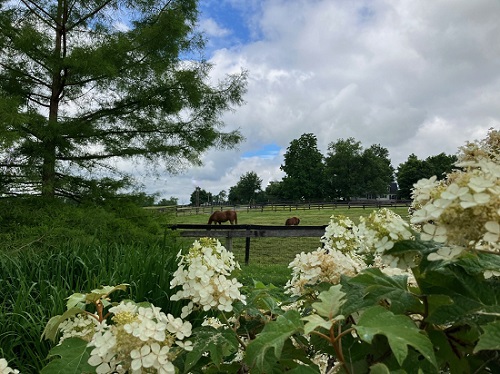
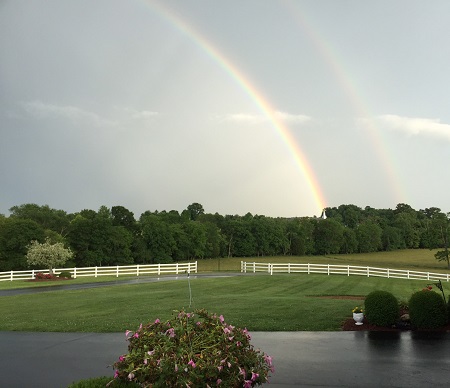
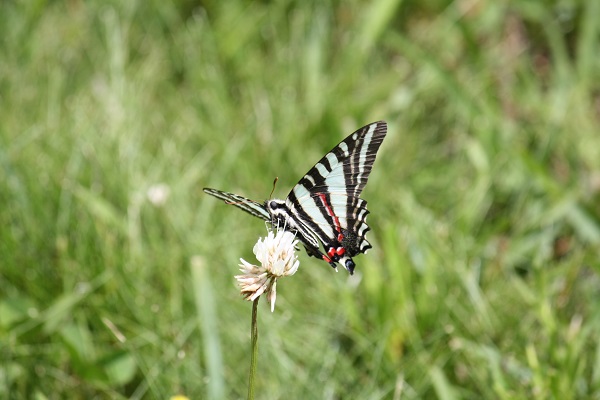 I love butterflies, don’t you? I watch for them in gardens, yards, and on walks. Their colors and the way they flutter through the air thrill me. A butterfly makes any day better. However, I don’t love butterflies in my stomach.
I love butterflies, don’t you? I watch for them in gardens, yards, and on walks. Their colors and the way they flutter through the air thrill me. A butterfly makes any day better. However, I don’t love butterflies in my stomach.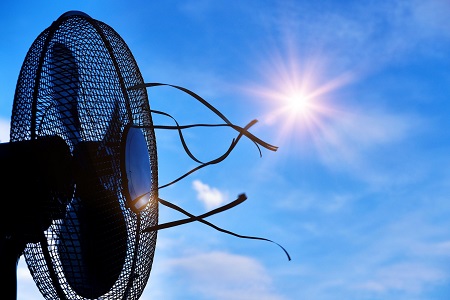 Last week we explored
Last week we explored  Few of us like to sweat bullets – physical or emotional.
Few of us like to sweat bullets – physical or emotional. Frogs give me the heebie-jeebies. Big ugly frogs. Cute little frogs. All frogs. They jump too fast. Plus, a friend once had a frog get tangled in her hair.
Frogs give me the heebie-jeebies. Big ugly frogs. Cute little frogs. All frogs. They jump too fast. Plus, a friend once had a frog get tangled in her hair.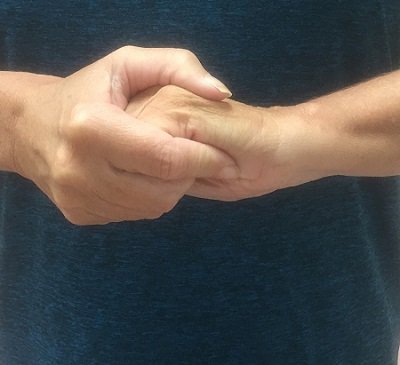 We cannot sleep. We cannot eat, or we eat too much. We wring our hands until the skin almost comes off.
We cannot sleep. We cannot eat, or we eat too much. We wring our hands until the skin almost comes off. Some people stay cool as a cucumber.
Some people stay cool as a cucumber. All my life I have heard people say, “God willing and the creek don’t rise.” My family usually said, “Good Lord willing and the creek don’t rise.”
All my life I have heard people say, “God willing and the creek don’t rise.” My family usually said, “Good Lord willing and the creek don’t rise.”